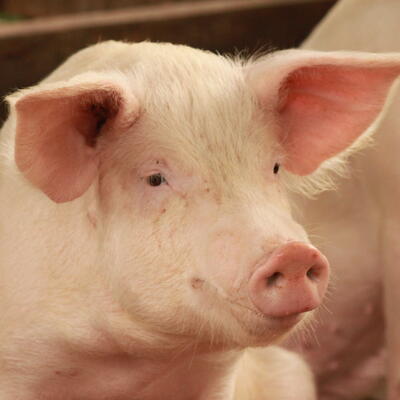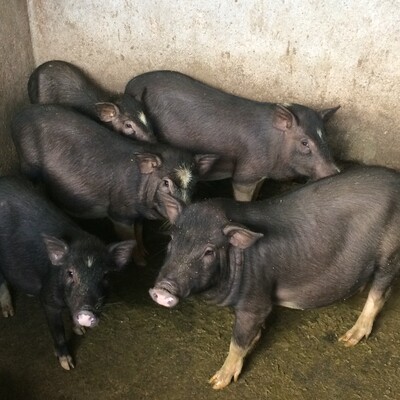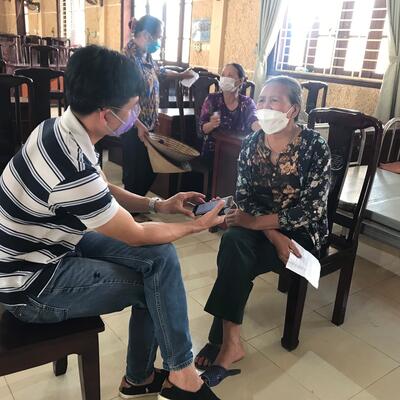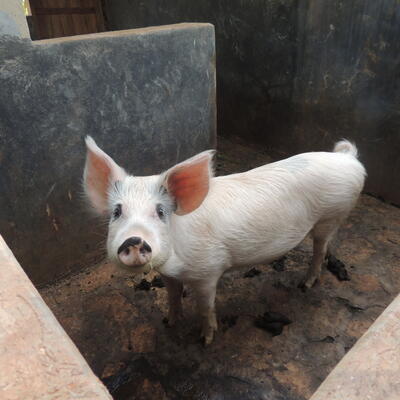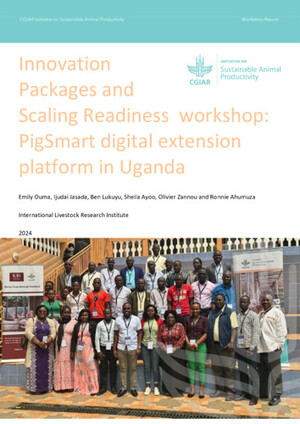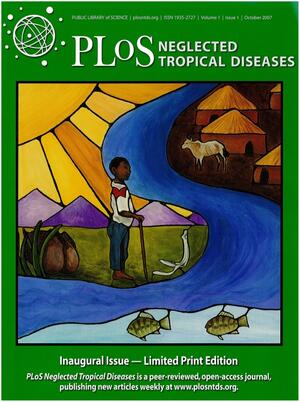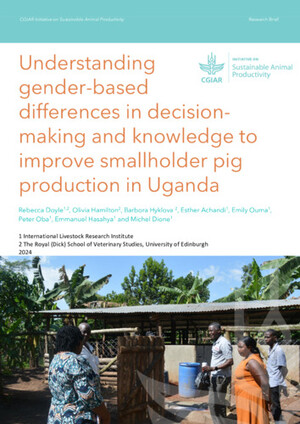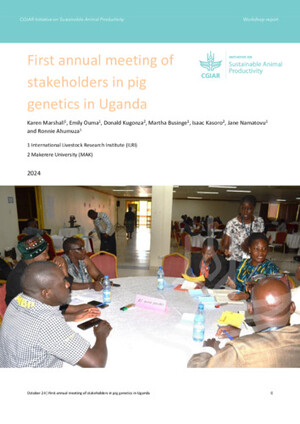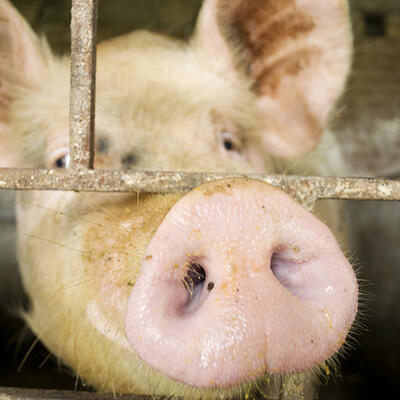
Catalysing the emerging smallholder pig value chains in Uganda to increase rural incomes and assets
Background
Over the past two decades pig production has become an increasingly important activity in Uganda. In the last 30 years the pig population has increased from 0.19 to 2.3 million, and there are more than 1 million households raising pigs. In 2011, Uganda had the highest per capita consumption of pork in sub-Saharan Africa (3.4 kg/person per year). The majority of pigs are kept by women in smallholder households, as part of the large informal subsector, with limited access to technology information and services. Other value chain actors are also constrained by limited access to information, inputs and services.
Goal
The goal of this project is to improve livelihoods, incomes and assets of smallholder pig producers (particularly women) in a sustainable manner through increased productivity, reduced risk and improved market access in pig value chains.
Objectives
- To identify market opportunities for pork in Uganda and the multiple factors preventing smallholder pig producers from exploiting those opportunities, with a focus on constraints such as animal diseases, scarce feed resources and poor performance of markets and services.
- To develop and pilot test a set of integrated packages for smallholder pig production and market access for specific production systems, resource profiles and market settings in Uganda.
- To document, communicate and promote appropriate evidence-based models for sustainable, pro-poor pig value chains.
Funded by:
 |  |





